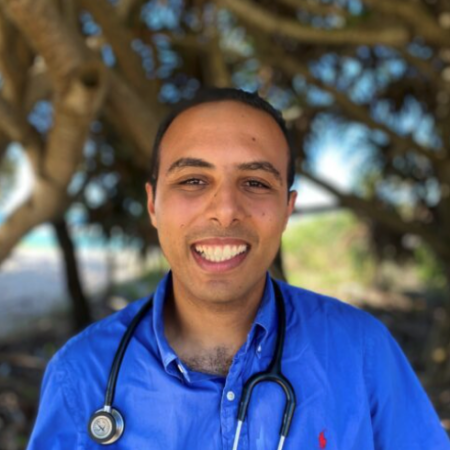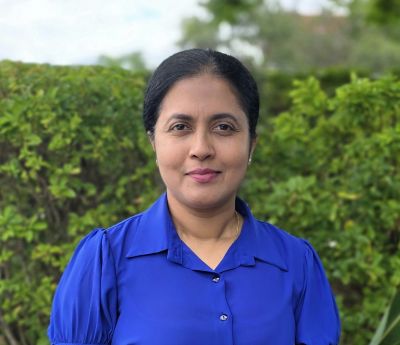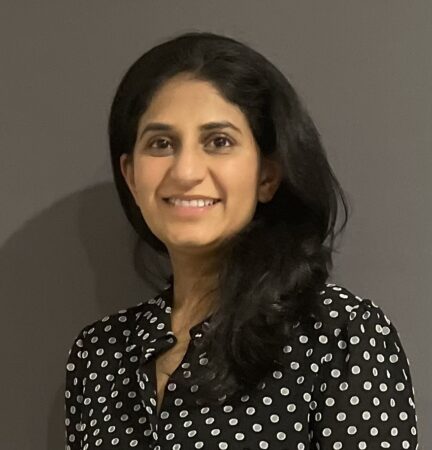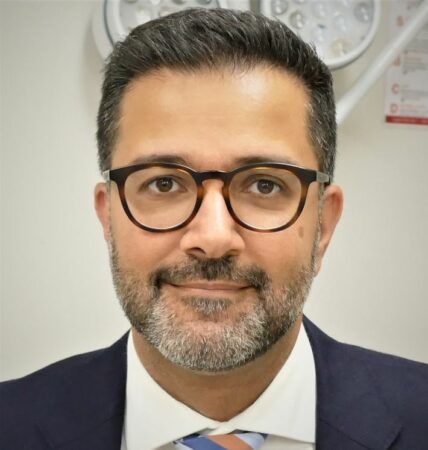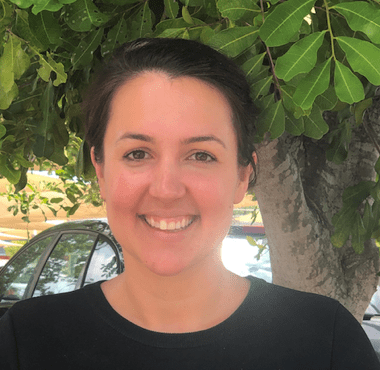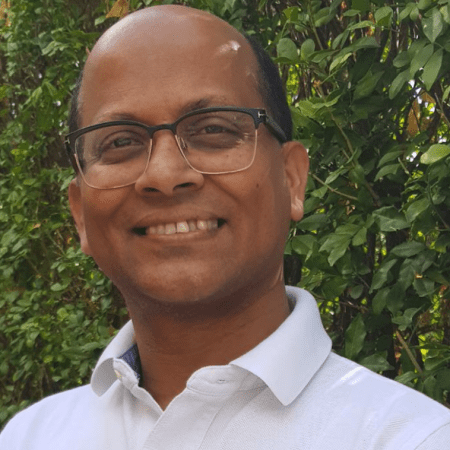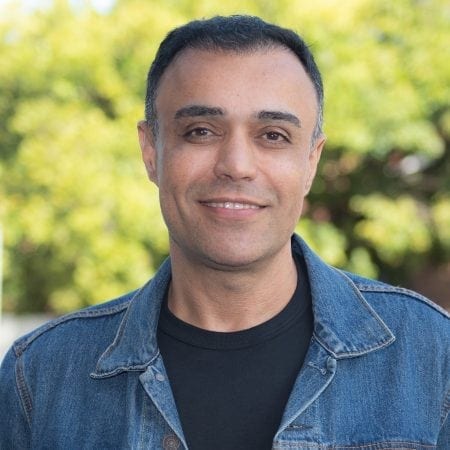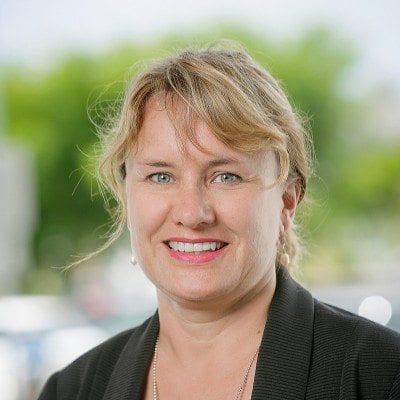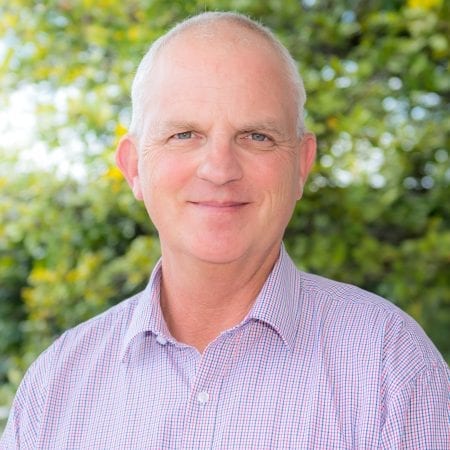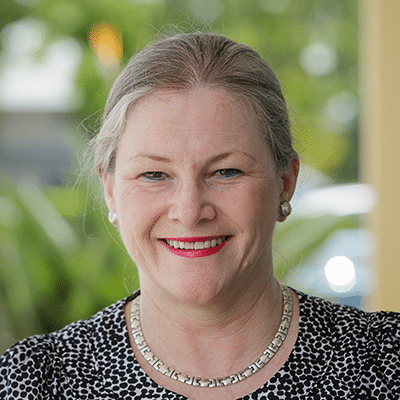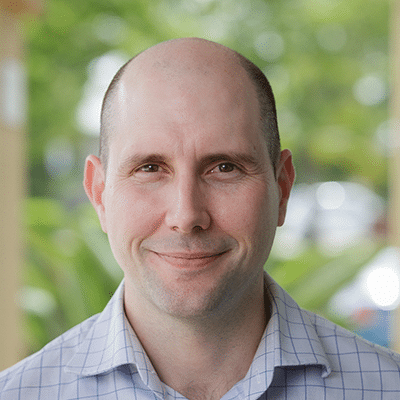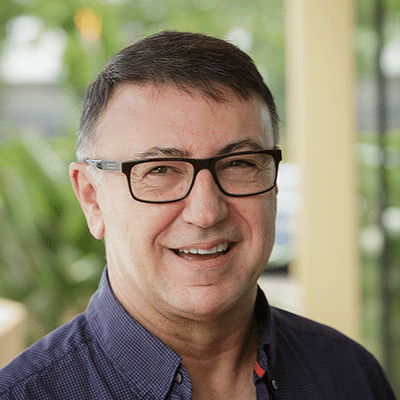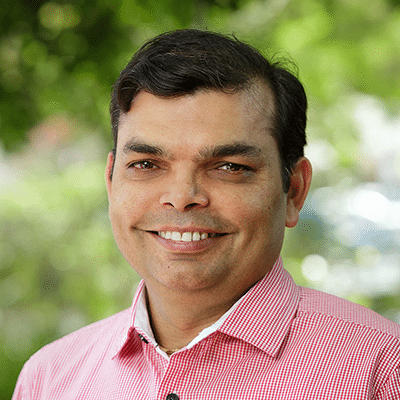Do you need a medical certificate today?
Life isn’t always predictable. If you are unwell and need to get a medical certificate today, we can help you.
Find a SmartClinics Medical Centre near you and book an appointment now.
Diabetes Care
Diabetes is a serious condition which requires daily self-care. It can have a significant impact on the quality of your life and may reduce your life expectancy. While diabetes cannot be cured, it can be managed through consistent self-care and treatment. Diabetes type 2 can be silent, and many people don’t even know they have it which is why it’s important to get checked, especially if you are over 40 as risk increases with age – try the risk calculator now.
Diabetes is the fastest-growing chronic condition in Australia, increasing at a faster rate than other chronic diseases such as heart disease and cancer.
When someone has diabetes, the levels of glucose in their blood (glycemia) are too high because their body is either not producing insulin or not producing enough insulin. Insulin is essential in converting sugar from what we eat and drink into the energy we need to perform daily activities.
The three main types of diabetes are type 1, type 2 and gestational diabetes. It’s important to know the warning signs for each type that may mean you’re at risk.
Type 1 Diabetes
Type 1 diabetes accounts for 10% of all diabetes and often occurs during childhood but may occur at any age. In type 1 diabetes, symptoms are often sudden and can be life-threatening.
Protect your loved ones by learning the early warning signs – the 4 T’s of type 1 diabetes:
- Thirsty – are they always thirsty and unable to quench that thirst?
- Toilet – are they going to the toilet a lot?
- Tired – are they more tired than usual?
- Thinner – have they recently lost weight?
If you see these signs, make an appointment with your doctor at SmartClinics immediately.
Type 2 Diabetes
Type 2 diabetes accounts for 85% of all diabetes. People with type 2 diabetes often experience no apparent symptoms, which is referred to as ‘silent diabetes’.
During this time, type 2 diabetes can do serious harm and lead to:
- Blindness
- Kidney damage
- Amputation
- Heart attack and stroke
RISK CALCULATOR: Check your risk level now by answering ten short questions on the type 2 diabetes risk calculator.
Common symptoms include:
- being more thirsty than usual
- passing more urine
- feeling tired and lethargic
- slow healing wounds
- itching and skin infections
- blurred vision
- gradually putting on weight
People are at a higher risk of getting type 2 diabetes if they:
- have a family history of diabetes
- are over 55 years of age
- are over 45 years of age and overweight
- are over 45 years of age and have high blood pressure
- are over 35 years of age and are from Aboriginal or Torres Strait Islander, Pacific Island, Indian Subcontinent or Chinese background
- are a woman who has given birth to a child over 4.5 kgs, had gestational diabetes while pregnant, or had a condition known as Polycystic Ovarian Syndrome.
As risk increases with age, it’s essential that you see your GP for a general Health Check, especially if you are aged 40 or older. Many serious health conditions, like diabetes, can be avoided if you simply take the time to see your GP for some routine tests.
Gestational diabetes
Gestational diabetes occurs during pregnancy. It affects thousands of pregnant women and is diagnosed during pregnancy when higher-than-normal blood glucose levels first appear. It can often be managed with healthy eating and exercise, but sometimes drugs are also required. Your doctor at SmartClinics will be able to provide you with a treatment plan to help you manage the condition. In most cases, women with gestational diabetes have a healthy pregnancy, normal delivery and a healthy baby. Quite often, these women will no longer have diabetes after their baby is born, but sometimes they may continue to have high blood glucose levels afterwards.
Diabetes is serious but manageable
The aim of treatment is to keep you as healthy as possible. Although there is currently no cure for diabetes, you can live an enjoyable life by learning about the condition, and your GP at SmartClinics can help you effectively manage it. It is essential to consult your doctor at SmartClinics if you experience any symptoms or are at high risk of getting type 2 diabetes. Early diagnosis and treatment are the best way to reduce the risk of developing diabetes-related complications.
